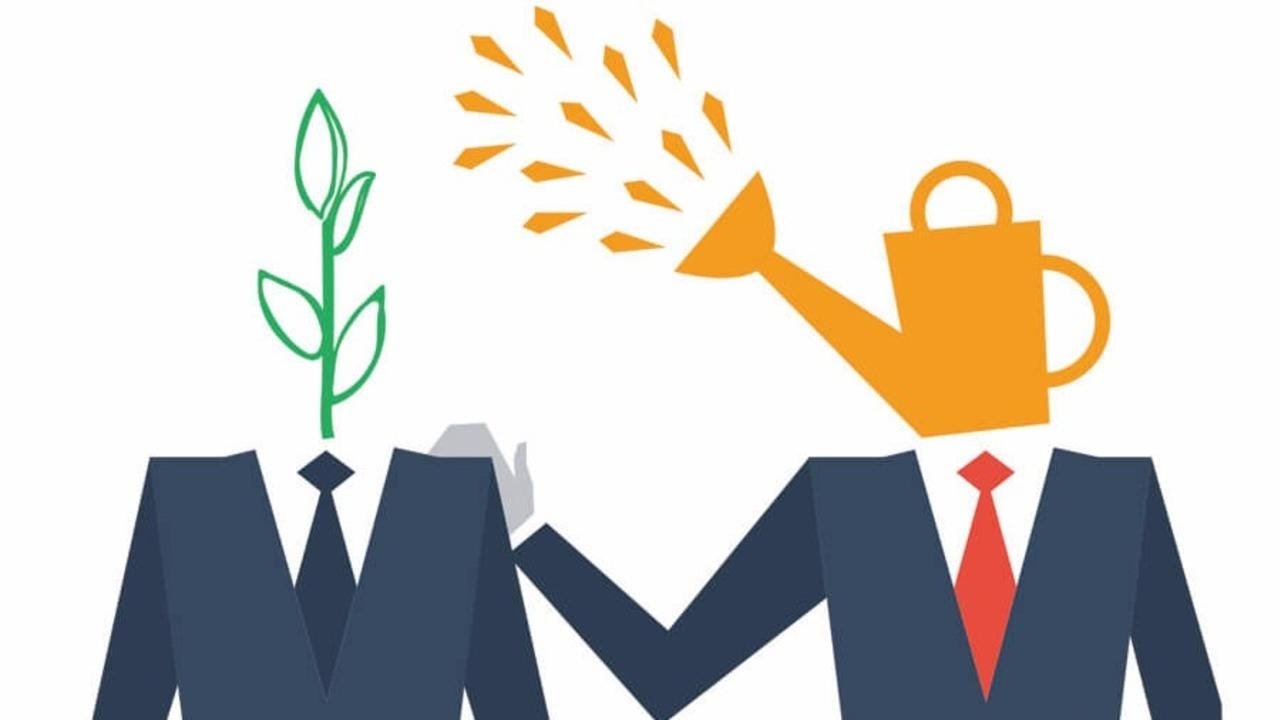This blog post is a part of the series, “CARED Perspectives,” developed by the APAGS Committee for the Advancement of Racial and Ethnic Diversity (CARED). This series will discuss current events and issues in psychology and how these relate to graduate students. If you are interested in contributing to the CARED Perspectives series, please contact Aleesha Young, Chair of APAGS-CARED.
By Lydia HaRim Ahn, MS, Ed
It was my sophomore year of college, and I was eating Korean seaweed soup in my room as quickly as possible before my roommate came home from class. I did not want her to see me eating it and asking about it. This was what it was like for the first few years at a predominately White campus – I felt ashamed of my identity and wanted to fit in to be “like everyone else.”
Things changed drastically when I joined my first research lab with people who had similar experiences, and I was working with a faculty of color. He gave me various types of work responsibilities but also would personally check in with me. I remember before my GRE, we sat down at a coffee shop and he taught me basic math skills that I had not used in over ten years. We talked about our experiences of racism and discrimination on campus. For the first time in a while, I felt like I could truly be myself. I did not need to be “on” all the time. This led me to apply to graduate school, where I have been extremely lucky to also have a supportive advisor who has made an enormous impact in both my professional and personal life. I have been fortunate to have advisors and mentors who believe in me and my capabilities. This led me to my decision of wanting to continue in academia and mentoring students.
over ten years. We talked about our experiences of racism and discrimination on campus. For the first time in a while, I felt like I could truly be myself. I did not need to be “on” all the time. This led me to apply to graduate school, where I have been extremely lucky to also have a supportive advisor who has made an enormous impact in both my professional and personal life. I have been fortunate to have advisors and mentors who believe in me and my capabilities. This led me to my decision of wanting to continue in academia and mentoring students.
Research has shown that for Counseling Psychology graduate students, advisor support reduces burnout and predicts career choice satisfaction (Clark, Murdock, & Koetting, 2009). However, not all graduate students are fortunate to have such supportive advisors. Advisees who are unsatisfied with their advisors mention infrequent meetings with their advisors, lack of research guidance, limited encouragement to attend conferences, and often do not feel comfortable discussing professional issues (Schlosser et al., 2003). Working with faculty can be especially difficult when faculty take advantage of the power differential, leaving students vulnerable to feelings of powerlessness and hopelessness. Without support and advocacy from faculty advisors, students are often left feeling isolated and alone. Students of color may be even more at risk when faculty recreate power structures that are happening outside of the classroom.
So how do we as students navigate faculty dynamics in graduate school? Faculty have mentioned that communication problems (Knox, Schlosser, Pruitt, & Hill, 2006) create difficulties in the advisor-advisee relationship. As communication is the key to any relationship, routinely communicating with faculty members about our needs may be beneficial. However, it may be that some professors do not take into account your concerns and stressors in graduate school. Irrespective of the reasons, I suggest finding your support system, your “tribe.” Navigating graduate school and faculty dynamics can be challenging and thus it is important to find people we trust to share our experiences. If it is difficult to find this relationship on campus, try and connect with a mentor elsewhere. For example, Division 45 offers a mentoring program here and APAGS lists other resources for mentorship. Search, email, and reach out to faculty members you are interested in working with. Lastly, if possible, find a trusted therapist who you can open up to and share your experiences. The most important piece of advice I received upon entering graduate school was to find a therapist, and I feel fortunate to have had the opportunity for personal growth and development during this challenging stage of life.
Graduate school can be a difficult experience, and the relationship with faculty members is a unique one, given the close working relationship and the inevitable power dynamics at play. APAGS supports and believes that every future psychologist deserves a quality, transformative mentoring relationship but recognize that this is not always the case. My hope is that everyone can find a mentor who helps them be proud of their work, proud of who they are, and never feels ashamed to be eating seaweed soup. But if this isn’t the case, remember that you are not alone.
References
Kovach Clark, H., Murdock, N. L., & Koetting, K. (2009). Predicting burnout and career choice satisfaction in counseling psychology graduate students. The Counseling Psychologist, 37(4), 580-606.
Knox, S., Schlosser, L. Z., Pruitt, N. T., & Hill, C. E. (2006). A qualitative examination of graduate advising relationships: The advisor perspective. The Counseling Psychologist, 34(4), 489-518.
Kovach Clark, H., Murdock, N. L., & Koetting, K. (2009). Predicting burnout and career choice satisfaction in counseling psychology graduate students. The Counseling Psychologist, 37(4), 580-606.
Additional Resources
https://www.apa.org/apags/governance/subcommittees/student-resources

 As we matriculate through higher education, the journey for racial and ethnic minority doctoral students is often marked by feelings of isolation in both personal and professional networks.
As we matriculate through higher education, the journey for racial and ethnic minority doctoral students is often marked by feelings of isolation in both personal and professional networks.